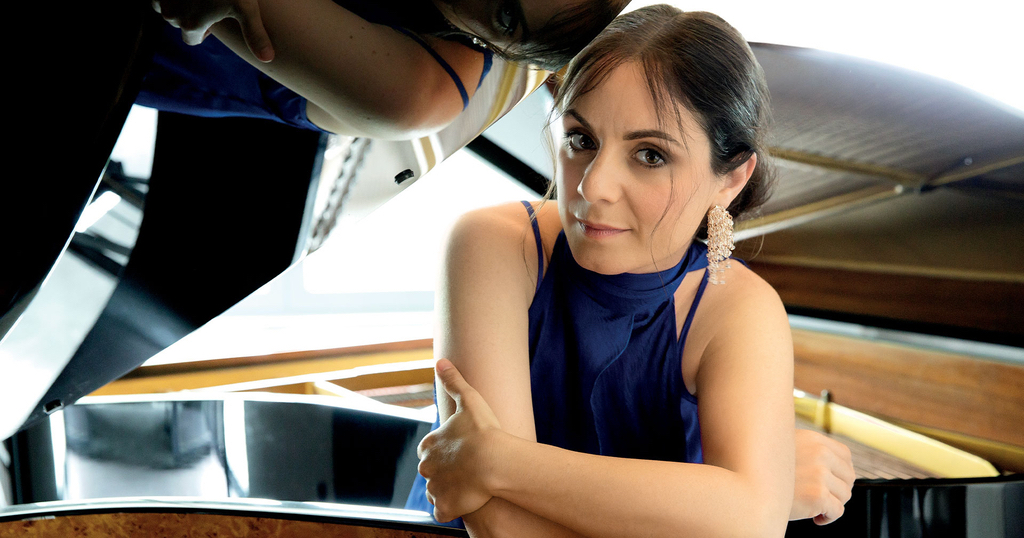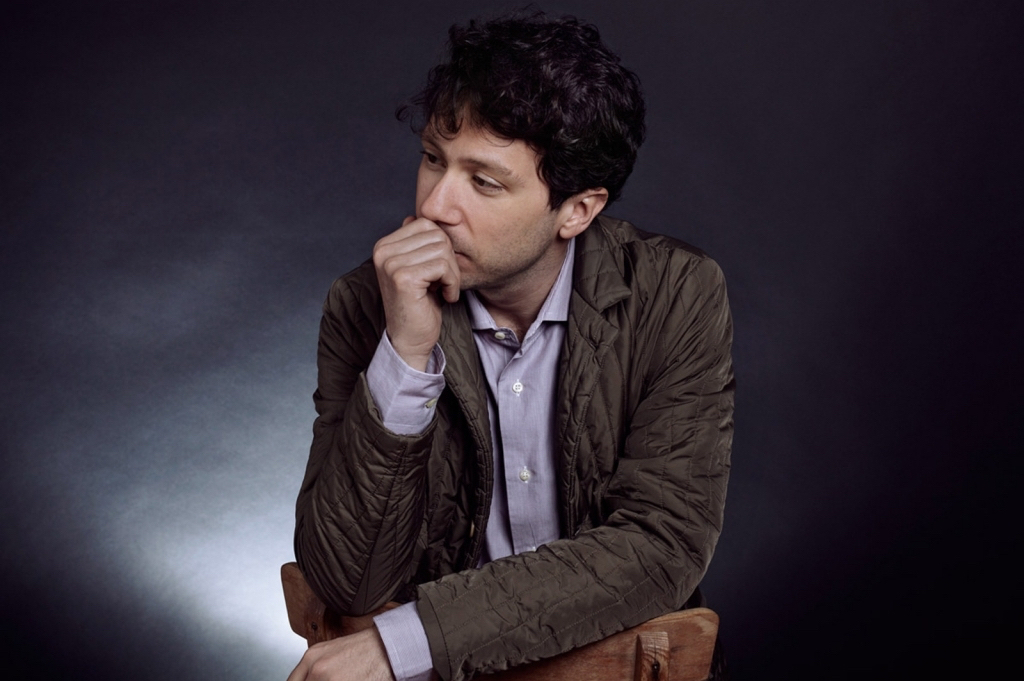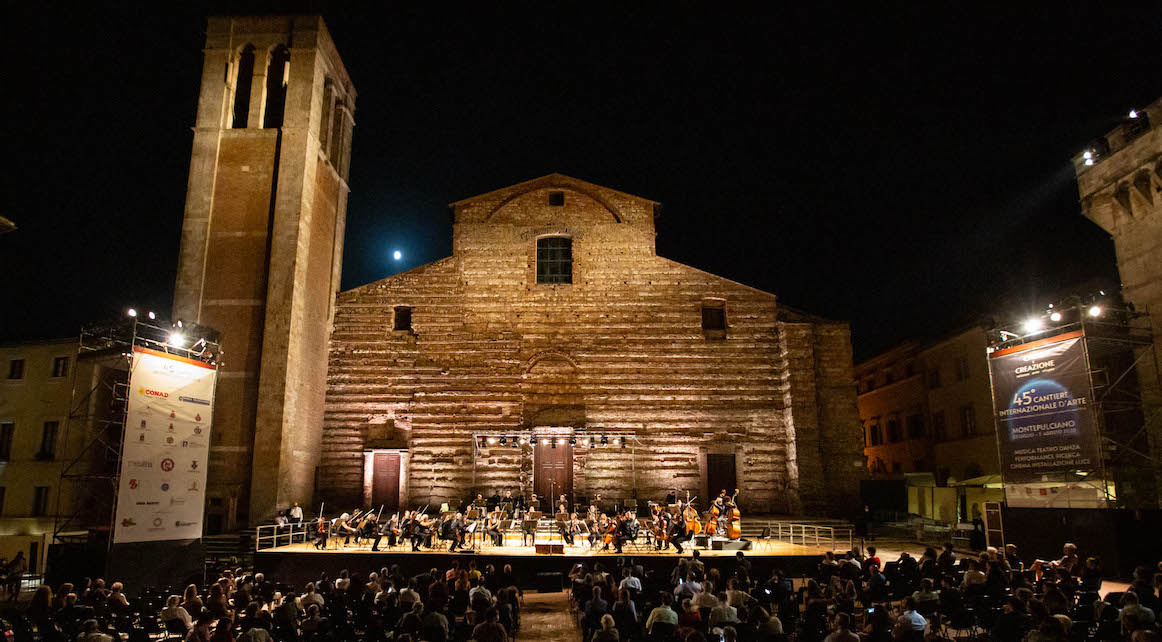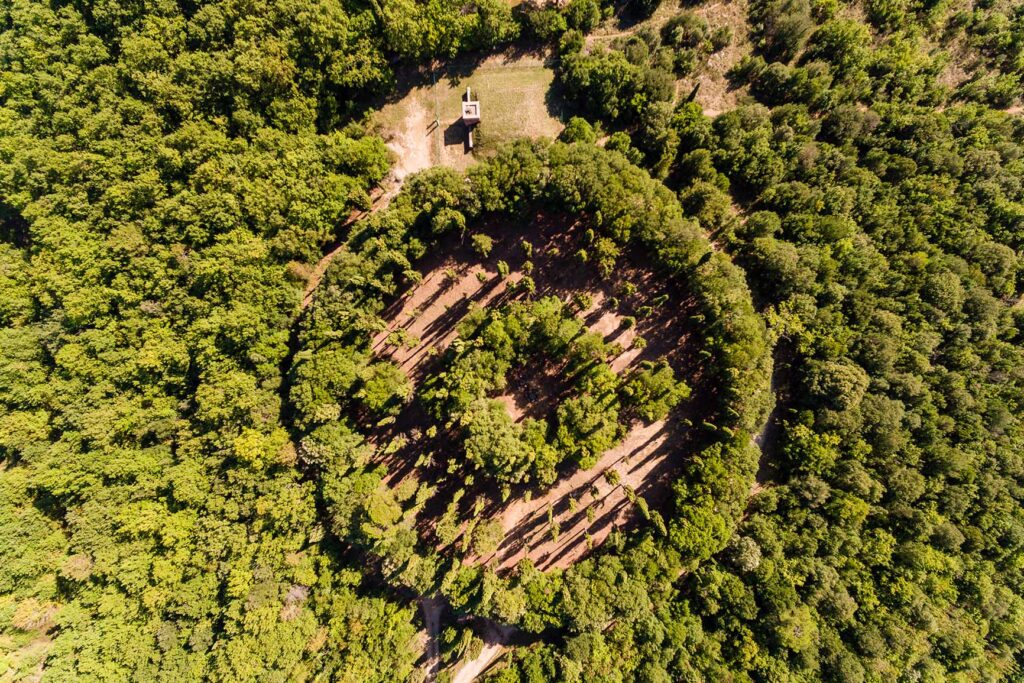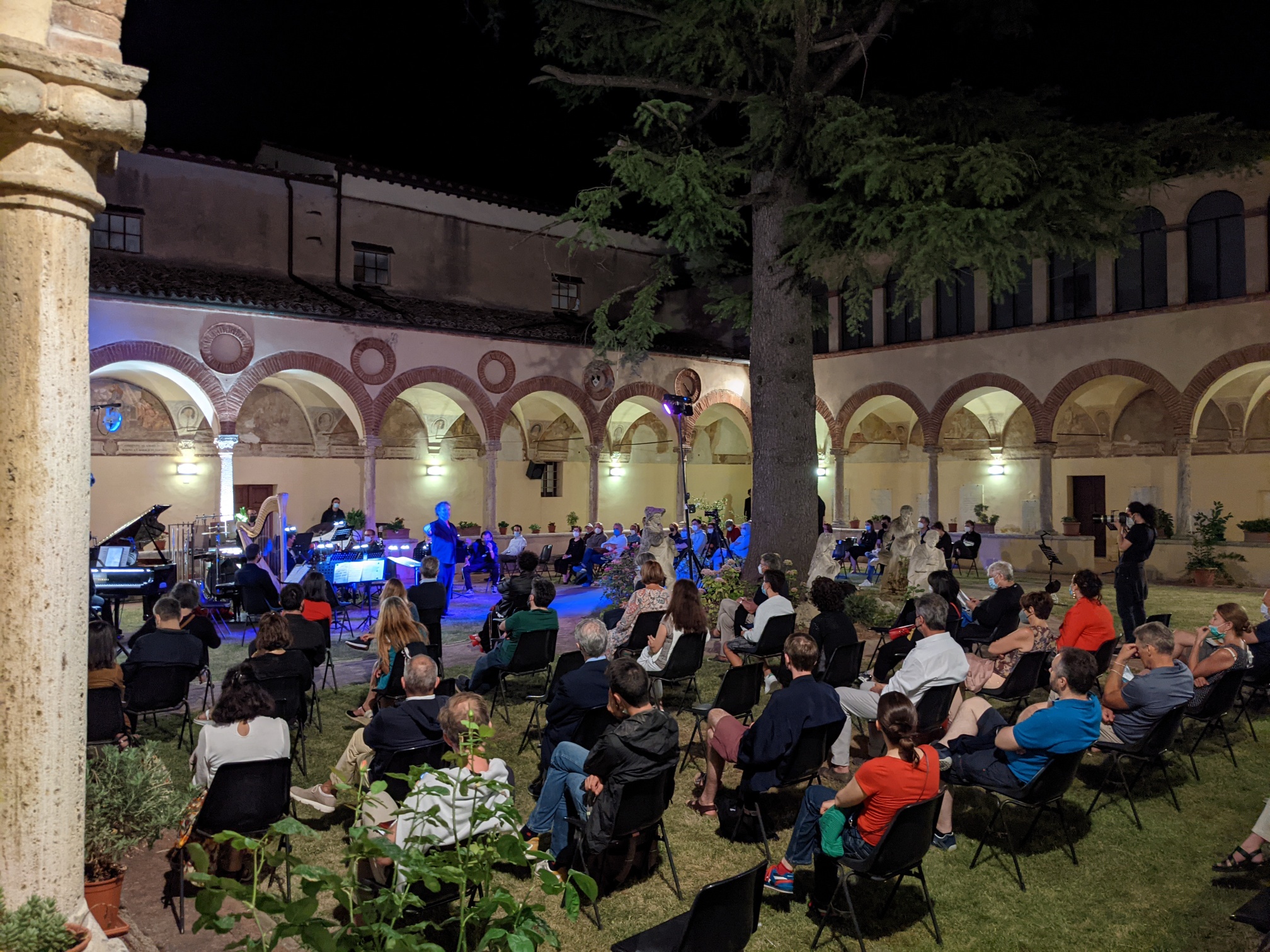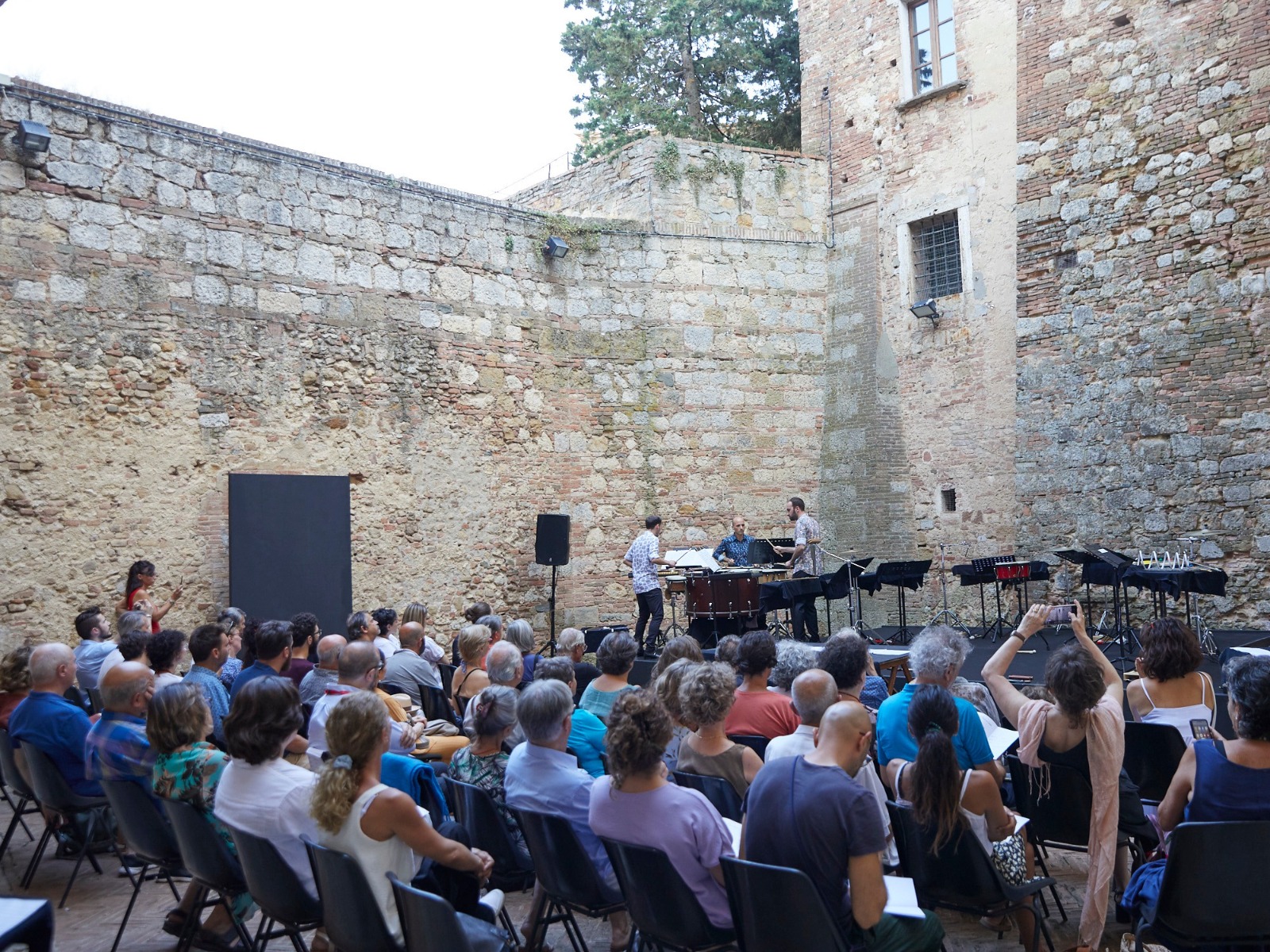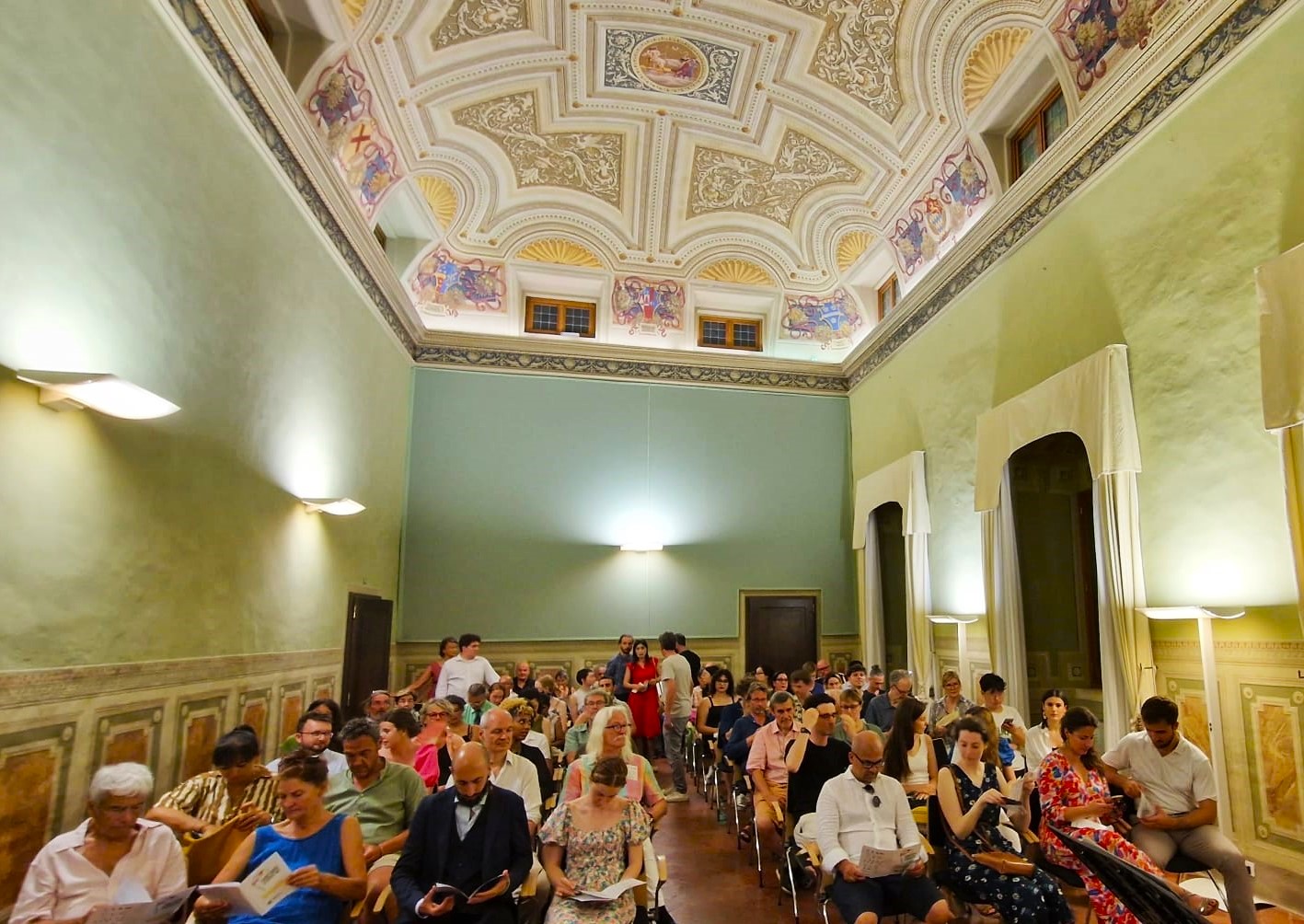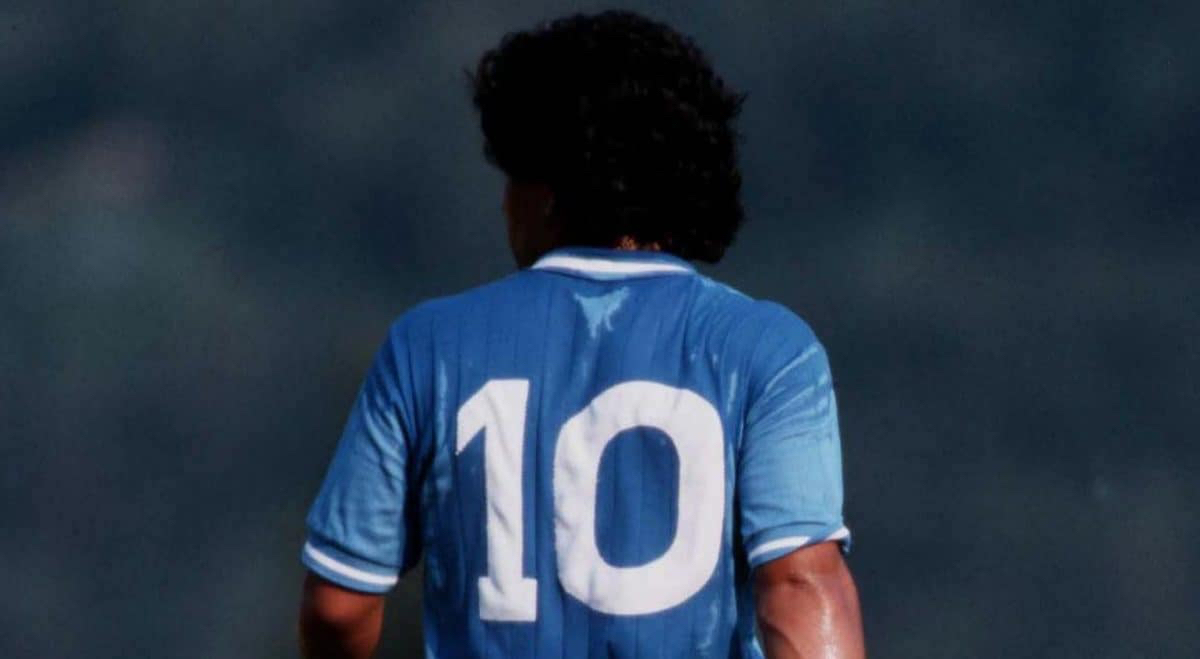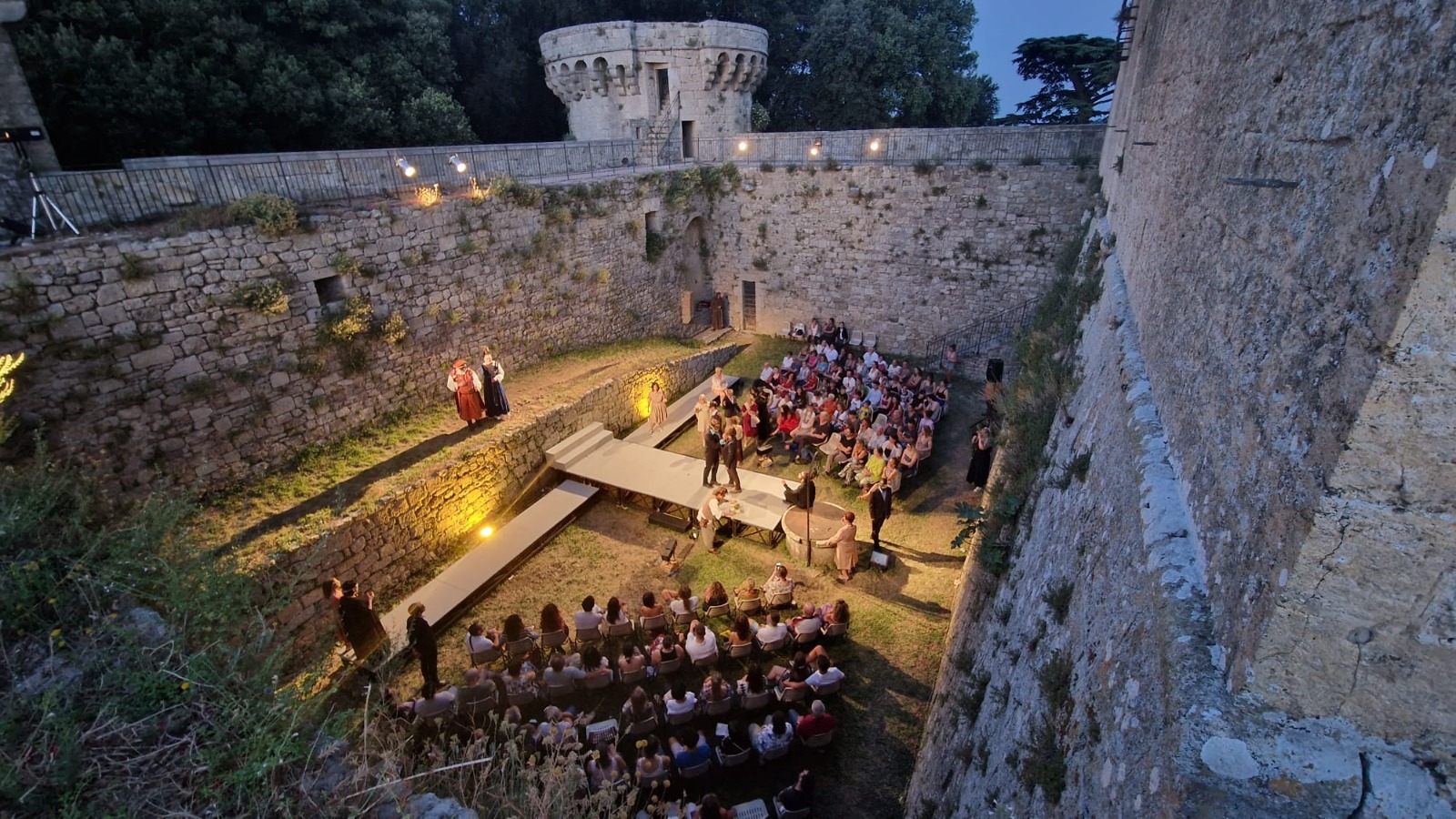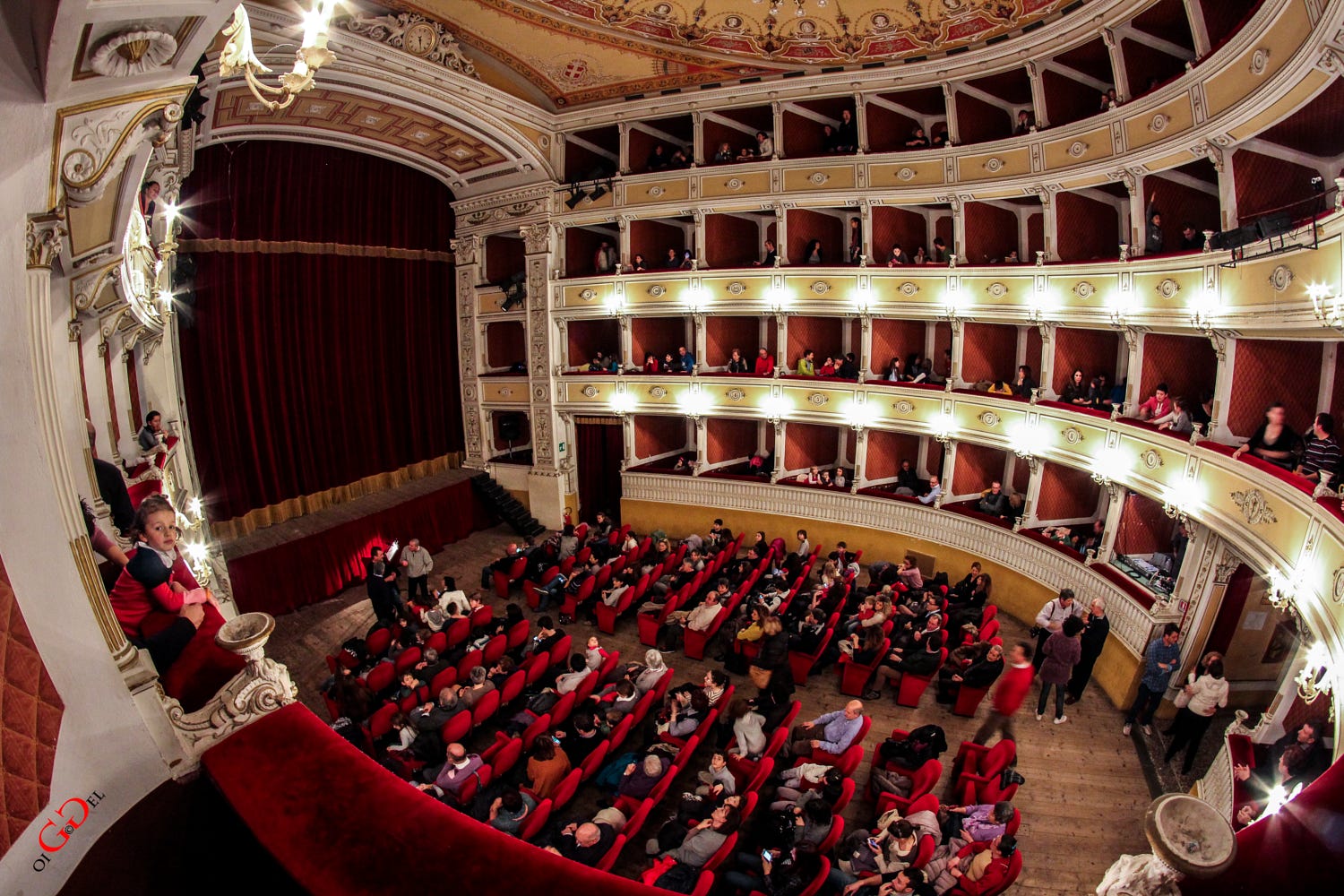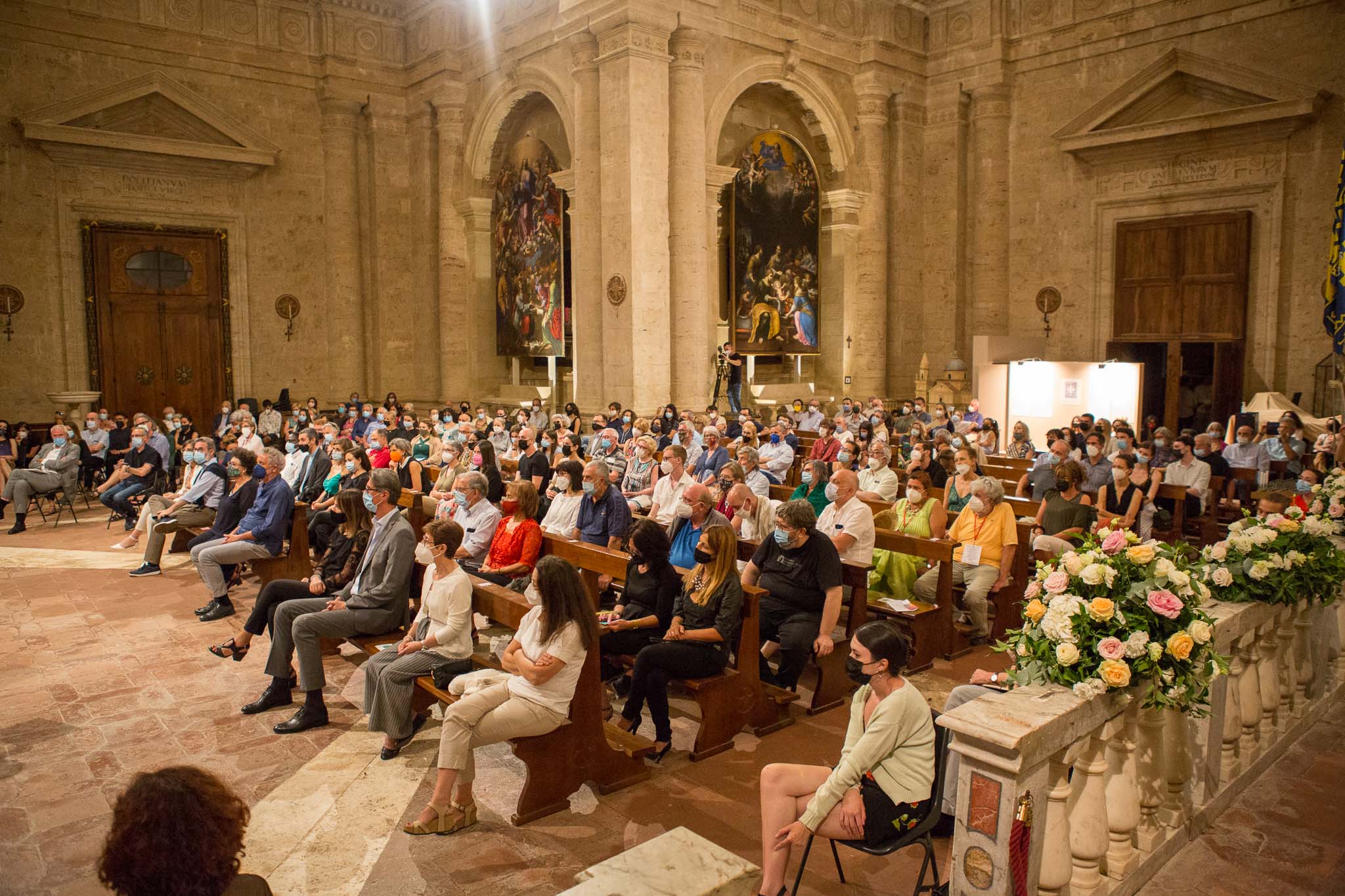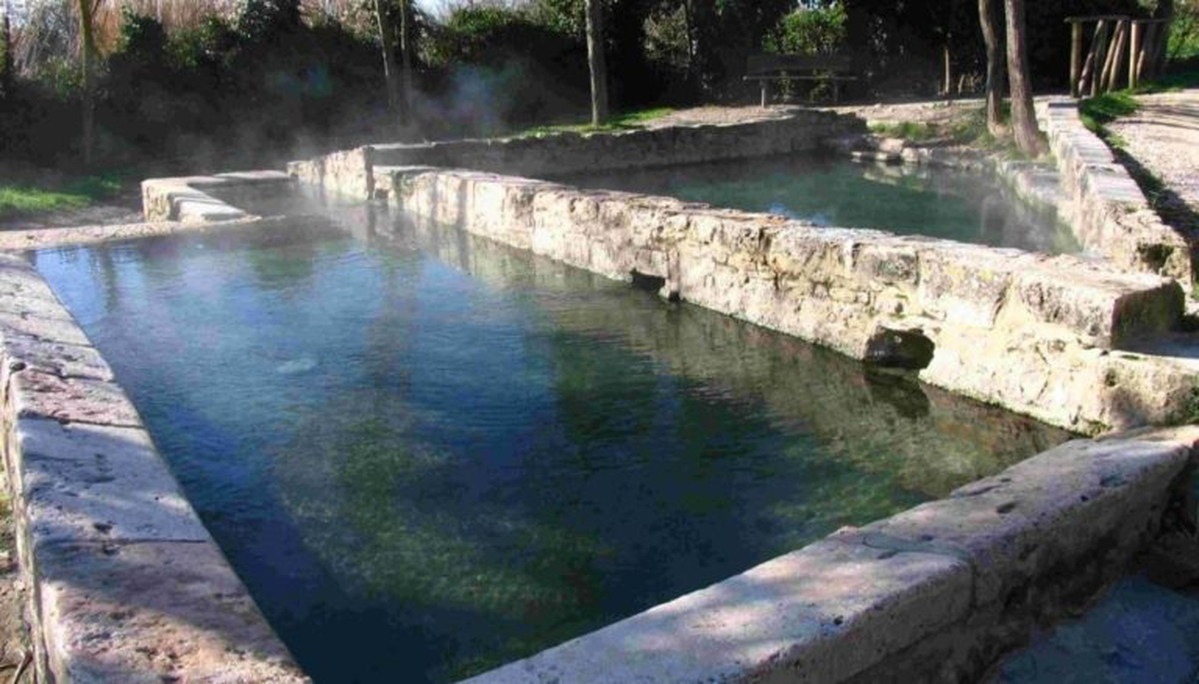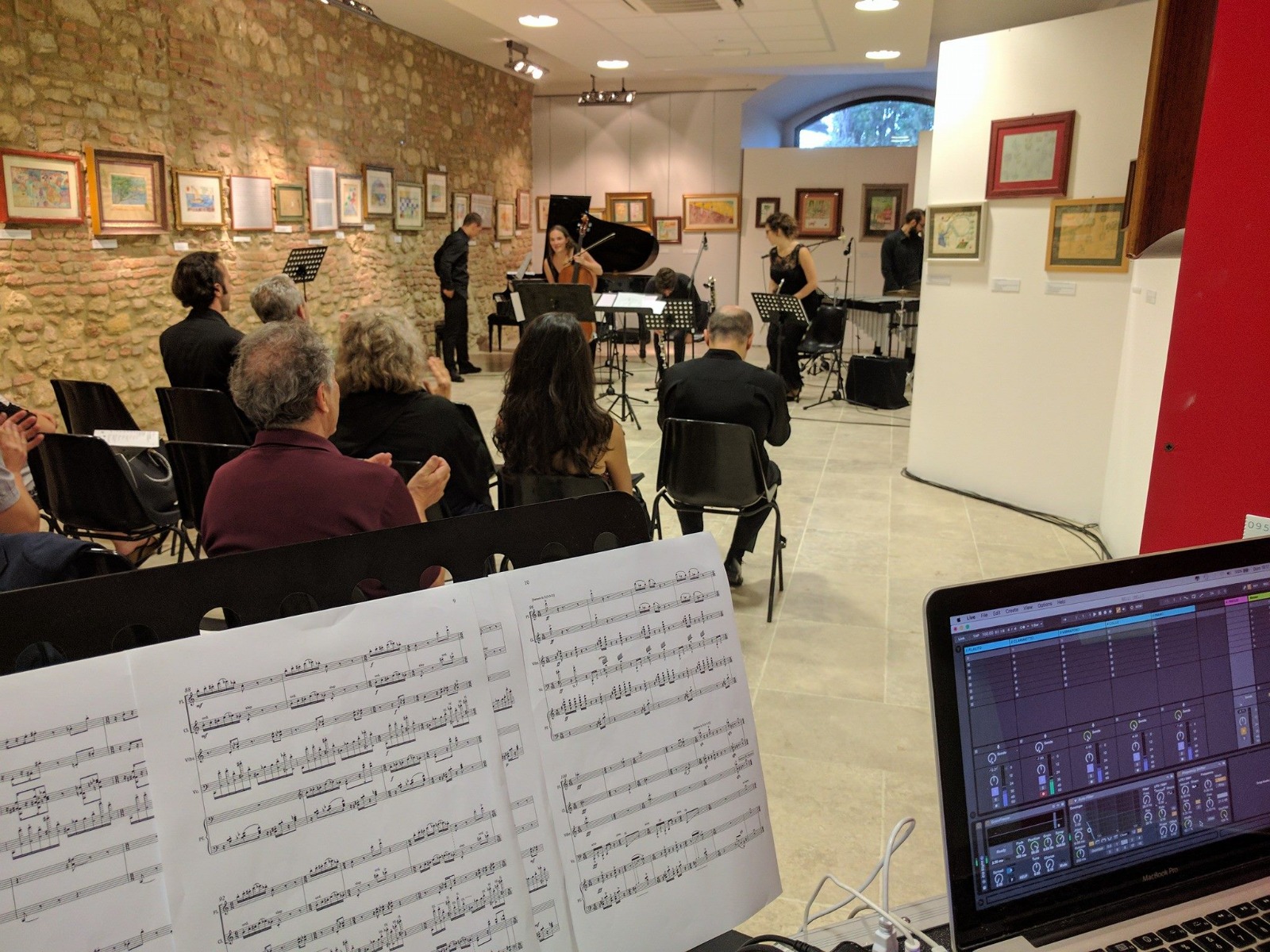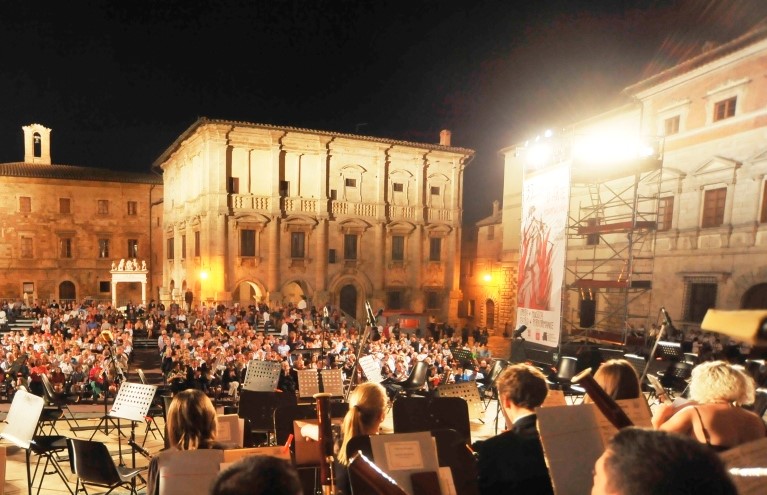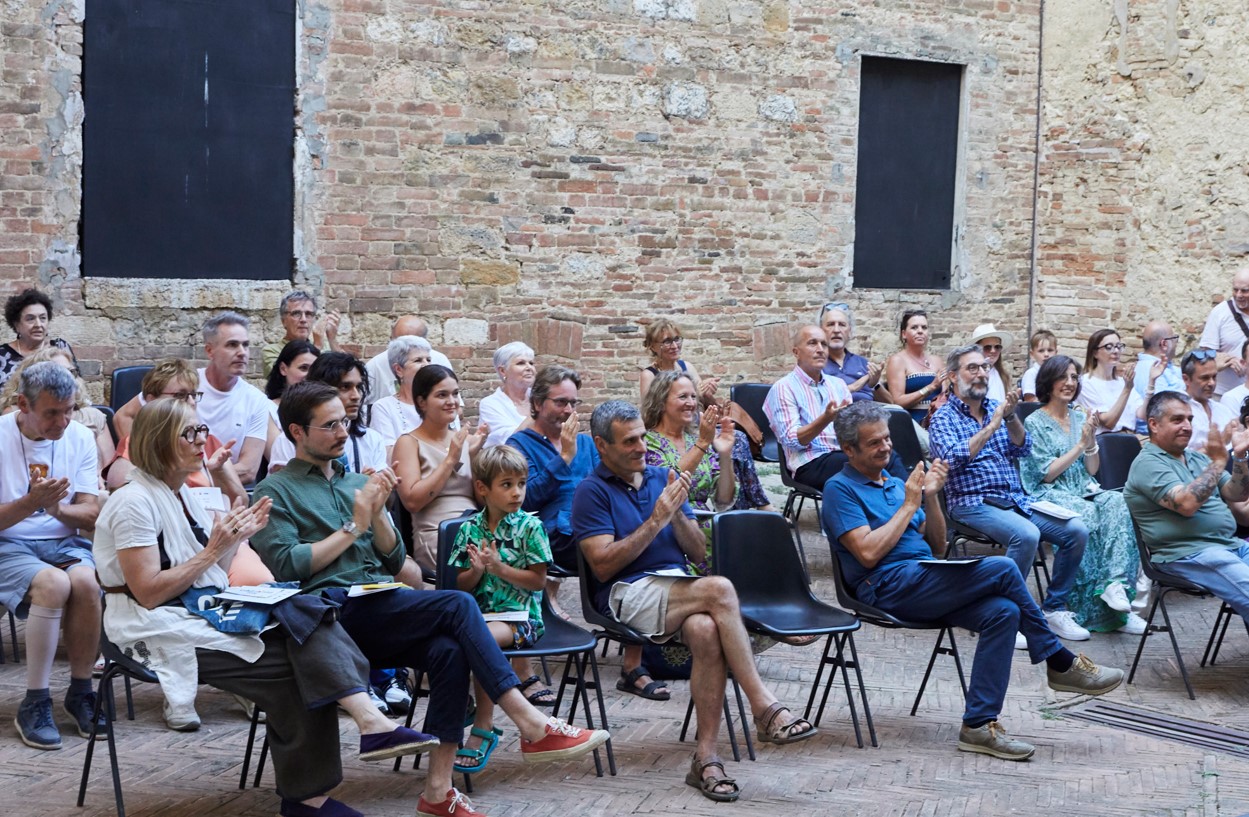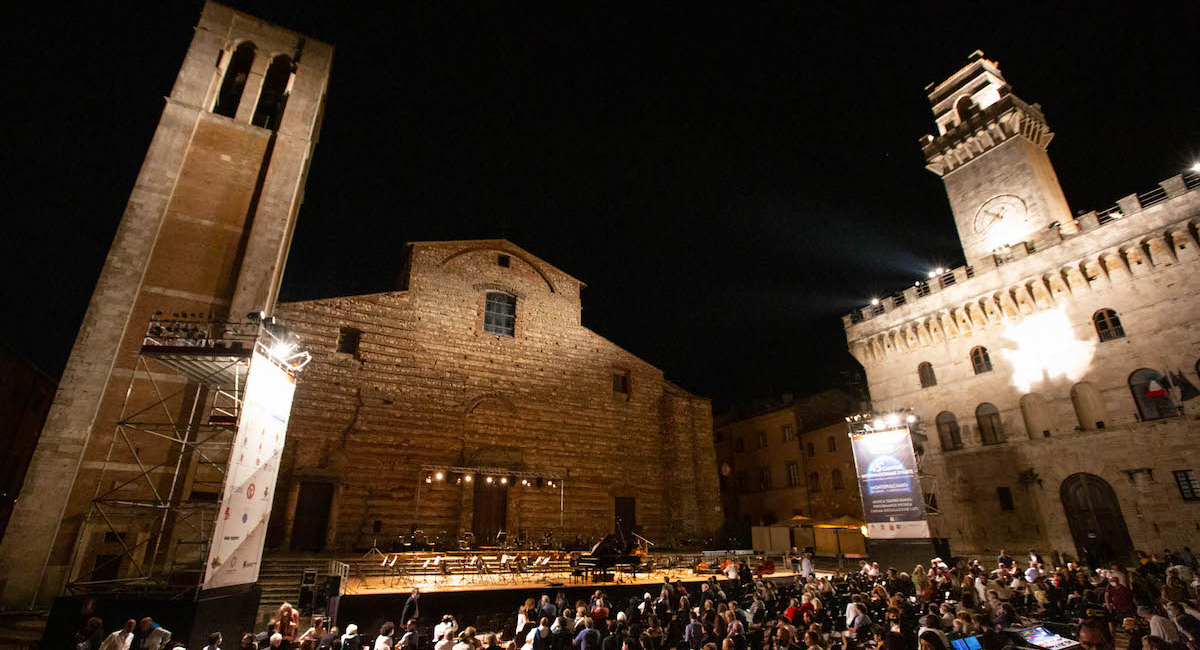OS SHORT SERIES I
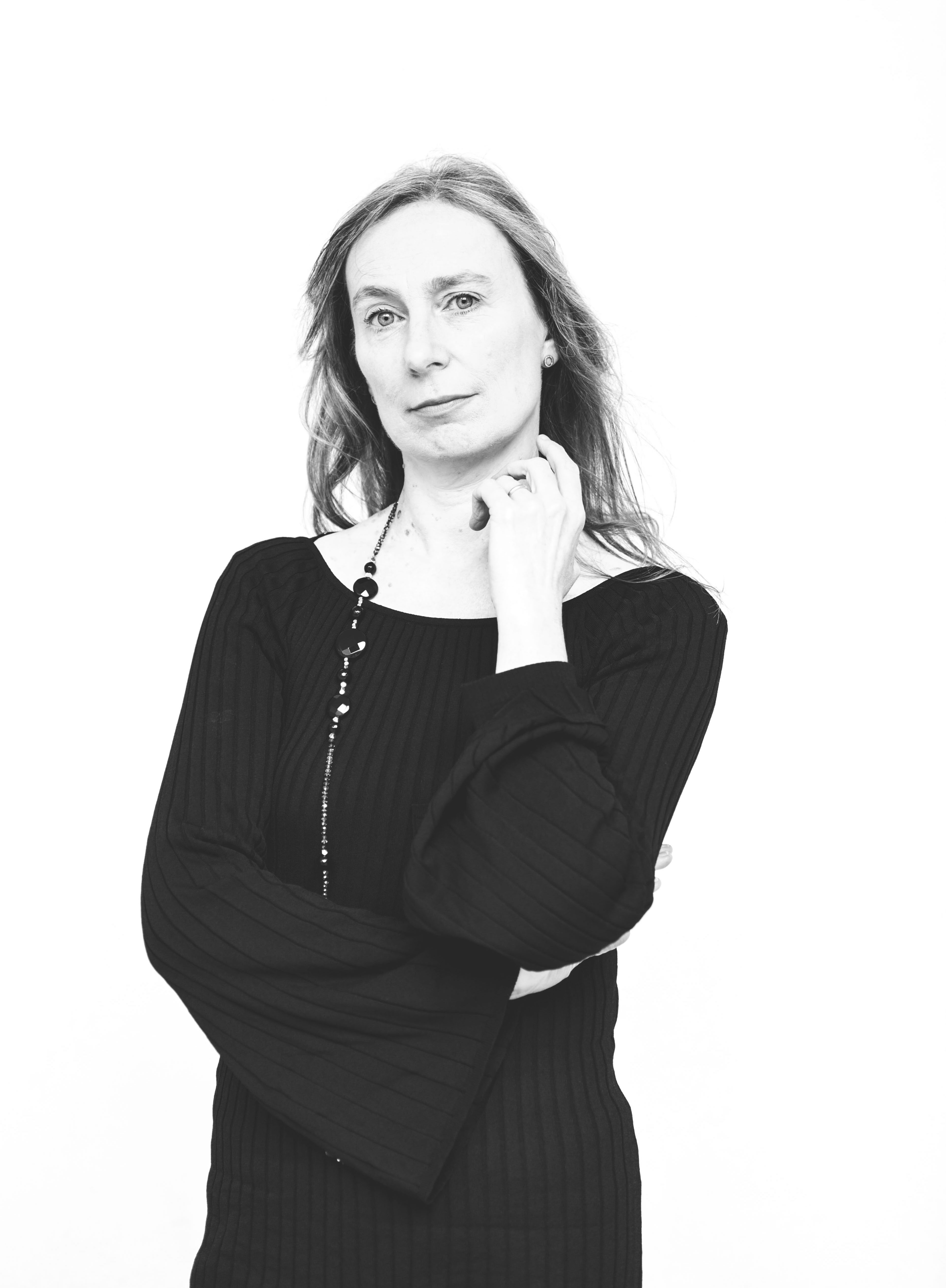
CLAUDIA GIOTTOLI
flauto
MONTEPULCIANO - Logge di Palazzo Tarugi
MERCOLEDÌ 24 LUGLIO
Ore 17:30
Kaija Saariaho
(1952 - 2023)
Dolce Tormento
per ottavino
"Dolce tormento" per flauto solo è un pezzo evocativo di Kaija Saariaho, una delle voci più innovative della musica contemporanea. Composto nel 2004, questo brano fa parte di una serie di opere in cui Saariaho esplora le capacità espressive e timbriche degli strumenti solisti.
Il titolo stesso, "Dolce tormento", riflette il dualismo che caratterizza l'intera composizione. Saariaho, ispirandosi al sonetto "Solo et pensoso" di Francesco Petrarca, crea un paesaggio sonoro che cattura la tensione tra dolcezza e sofferenza, amore e desiderio. Il flauto, con la sua capacità di produrre suoni delicati e potenti, diventa lo strumento perfetto per esprimere queste emozioni contrastanti.
Nel brano, Saariaho utilizza tecniche estese, come il soffio senza tono, i trilli, e i glissandi, per esplorare una vasta gamma di colori e dinamiche. Queste tecniche permettono al flautista di creare suoni che vanno oltre le convenzionali note, aggiungendo profondità e complessità all'esecuzione. La composizione si sviluppa attraverso una serie di frasi melodiche frammentate e gesti musicali che evocano una narrazione interiore, un dialogo silenzioso ma intenso tra l'artista e il suo strumento.
"Dolce tormento" for solo flute is a part of Kaija Saariaho's evocative voice, a very innovative part of contemporary music. Composed in 2004, this piece is part of a series of works in which Saariaho explores the expressive and timbral capacity of solo instruments.
The title itself, "Sweet torment", reflects the dualism that characterizes the entire composition. Saariaho, inspired by the sonnet "Solo et pensoso" by Francesco Petrarca, created a soundscape that captures the tension between sweetness and suffering, love and desire. The flute, with its ability to produce delicate and powerful sounds, provides the perfect instrument for expressing these conflicting emotions.
The piece, which uses the same technical equipment, features the same tones, trills and glissandi, to explore a vast range of colors and dynamics. These techniques allow the flutist to create sounds that go beyond conventional notes, adding depth and complexity to the performance. The composition develops through a series of fragmented melodic phrases and musical gestures that evoke an internal narrative, a dialogue of silence and intensity between the artist and his instrument.
S'amor non è, che dunque è quel ch' io sento?
S'amor non è, che dunque è quel ch' io sento?
Ma s'egli è amor, per Dio, che cosa e quale?
Se bona, ond'èl'effetto aspro mortale?
Se ria, ond'è si dolce ogni tormento?
S'a mia voglia ardo, ond'è 'l pianto e lamento?
S'a mal mio grado, il lamentar che vale?
O viva morte, o dilettoso male,
come puoi tanto in me, s'io no 'l consento?
E s'io 'l consento, a gran torto mi doglio.
Fra si contrari venti in frale barca
mi trovo in alto mar, senza governo,
si lieve di saver, d'error si carca
ch' i' medesmo non so quel ch' io mi voglio,
e tremo a mezza state, ardendo il verno.
Francesco Petrarca (1304-1374)
If not love, then what is it that i feel?
If not love, then what is it that i feel?
But if it is love, my God, how and why was it created?
If good, where does this sour, mortal effect stem from?
If bad, then why does it make each torment so sweet?
If i burn with love of my own free will, why the tears and cries ?
And if it’s not for my own good, what’s the point of whining?
Oh lively death, oh delightful evil,
how can you have so much power over me, without my consent?
But if i do consent, i hold myself accountable for a tremendous fault.
I find myself, powerless,
on a frail boat in the middle of the raging sea,
torn between two opposite winds,
[This boat is] so poor of knowledge,
and so rich of errors that I don’t even know what I want for myself,
and I shiver during summer, and I burn during winter.
Francesco Petrarca (1304-1374)
 Sostieni i progetti
Sostieni i progetti Amministrazione Trasparente
Amministrazione Trasparente Contatti
Contatti
